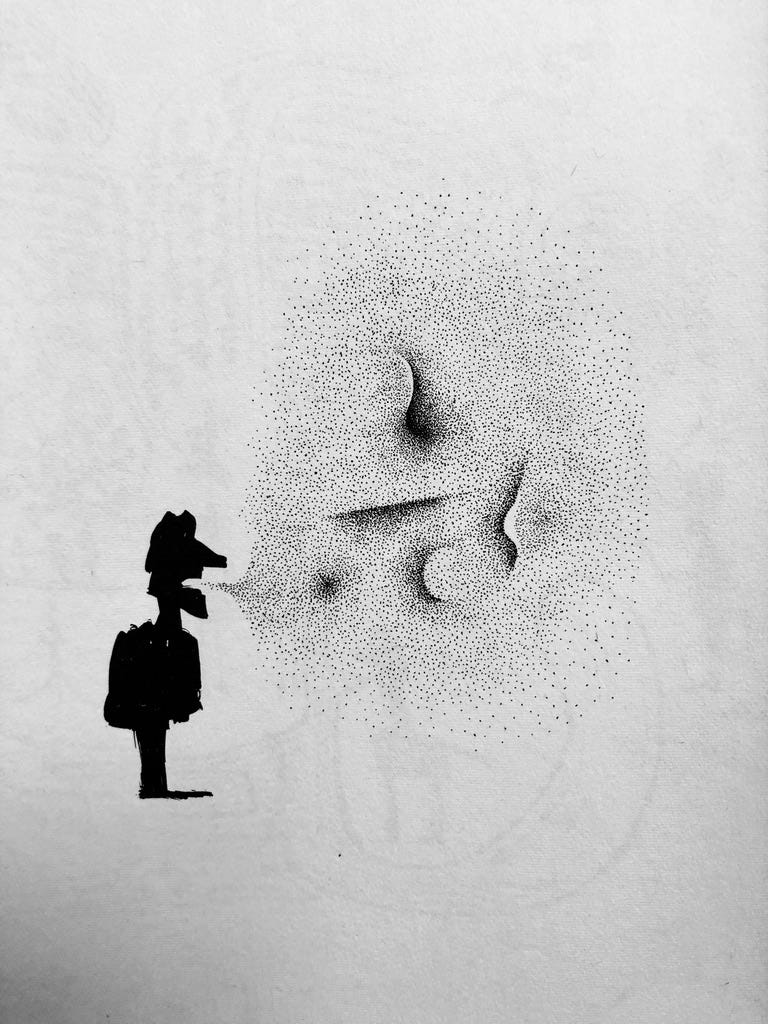Lies
Lying
Information, Misinformation, Disinformation
Where Do You Stop? Chapter 8:
I got on the phone right after dinner. It took hours, but by the end of the evening I had identified at least some of the members of every group. A competition had developed when kids decided that anyone who succeeded in figuring out all the members of the groups would get on the good side of Miss Rheingold. As a result, there was a reluctance to give out information, and I was convinced that some of the information I had received was what is called today disinformation or misinformation, the kind of information that back then we called lies.
Juan Jacinto Muñoz-Rengel, A History of Lying, translated by Thomas Bunstead:
Suppose for a moment that the narrator speaking to you now is a fictional construct. Suppose that, to make communication between us possible, I have been obliged to create the illusion of a tone, a voice, a point of view—of a projected identity.
Now suppose that, by extension, everything this narrator says, including these very words, is a lie.
But say we go further still. Suppose—and the verb ‘suppose,’ which comes from the Latin suppositio, is not chosen arbitrarily—that everything you have been told over the course of your life is a lie. The history of humankind. The sum of human understanding. The way humans are and how they relate to the world.
Suppose that your memories have been warped by your own mind. Suppose that the story of your life—all that you choose to tell yourself—has also been manipulated by the limitations of memory, by the psychological necessity of self-deceit and by the defence mechanisms of your ego. And therefore, kind reader, that your identity is also a projection.
You, my voice and everything intermediate between us are all lies. Only once this has been accepted will we be in a suitable position to begin communicating. With these premises established, our dialogue can begin.
Because the history of humankind is nothing other than the history of making it up.
[Suppose for a moment that the annotator speaking to you now is a fictional construct. Suppose that, to make communication between us possible, I have been obliged to create the illusion of a tone, a voice, a point of view—of a projected identity. . . . MD]

See also:
Deception TG 91, TG 482
Lying and Truth-Telling TG 154, TG 438
Have you missed an episode or two or several?
You can begin reading at the beginning or you can catch up by visiting the archive or consulting the index to the Topical Guide. The Substack serialization of Little Follies begins here; Herb ’n’ Lorna begins here; Reservations Recommended begins here; Where Do You Stop? begins here.
You can listen to the episodes on the Personal History podcast. Begin at the beginning or scroll through the episodes to find what you’ve missed. The Substack podcast reading of Little Follies begins here; Herb ’n’ Lorna begins here; Reservations Recommended begins here; Where Do You Stop? begins here.
You can listen to “My Mother Takes a Tumble” and “Do Clams Bite?” complete and uninterrupted as audiobooks through YouTube.
You can ensure that you never miss a future issue by getting a free subscription. (You can help support the work by choosing a paid subscription instead.)
At Apple Books you can download free eBooks of Little Follies, Herb ’n’ Lorna, and Reservations Recommended.
You’ll find overviews of the entire work in An Introduction to The Personal History, Adventures, Experiences & Observations of Peter Leroy (a pdf document) and at Encyclopedia.com.


